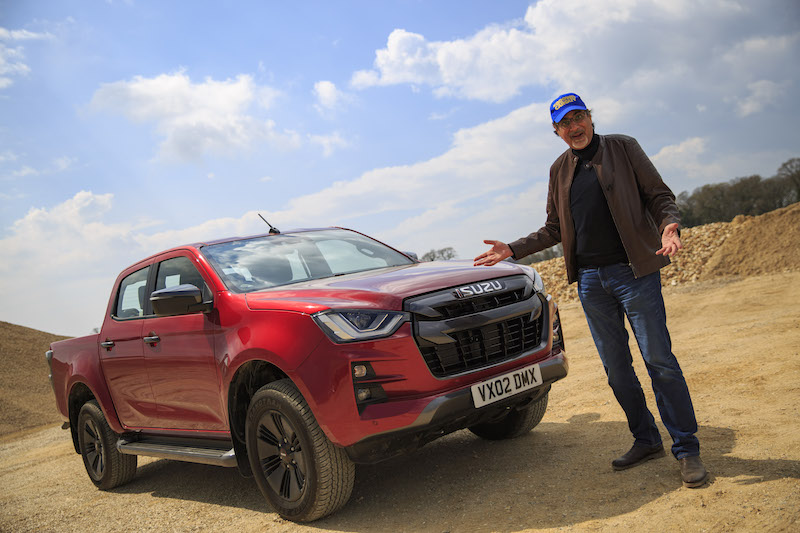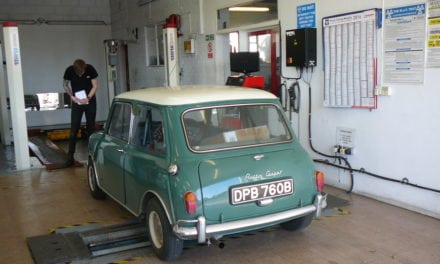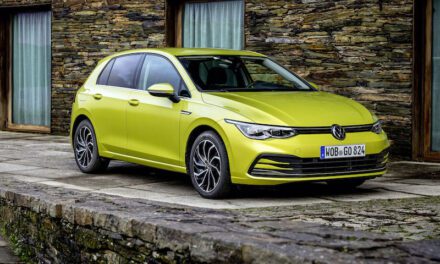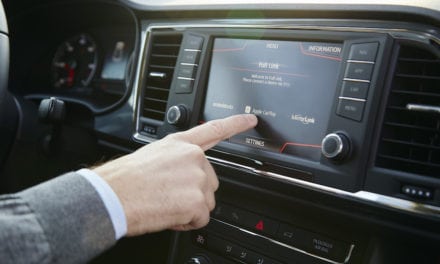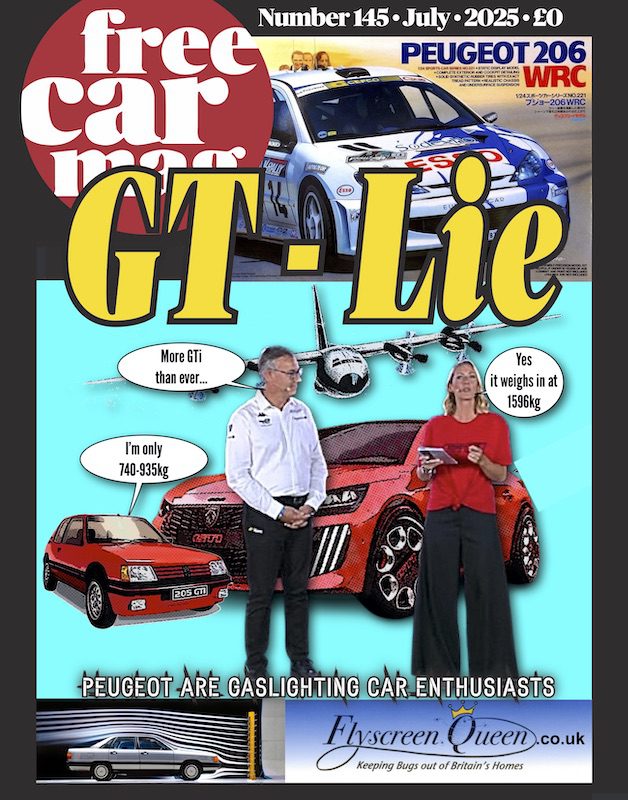As a car owner and driver, do you feel put upon by rising insurance and running costs, the high prices of new cars, and taxation? Well, that’s nothing compared to what’s coming. The War on Motorists is real, it’s global and it’s coming for you and your car says Shahzad Sheikh.
In an era where environmental concerns have catapulted to the forefront of public discourse, the humble motorist finds themselves caught in the crossfire of policies that straddle the line between ecological stewardship and outright punishment. Unfortunately, the quest for cleaner air and less congested streets has led to measures that disproportionately burden car owners with unnecessary constraints and levies.
And if you think forking for out the high entry price of an EV, will give you a green get-out-of-pollution-jail card, you might be in for a shock. London, which appears to champion the adoption of electric vehicles, is guilty of sending out highly confusing mixed messaging by contradicting its encouragement of the EV with perplexing parking hikes.
Yup, councils in the capital are introducing increased charges for those wanting to park up their EV, based on battery size, ostensibly arguing that bigger and heavier cars, which EVs are by their very nature, should pay more for the privilege of just existing in the metropolis, never mind driving around. This policy not only raises eyebrows but also questions about the consistency and fairness of environmental advocacy.
Meanwhile in the French capital, Paris, already enforcing various restrictions on car usage, the supposedly romantic boulevards are also being afflicted by soaring parking fees aimed squarely at weightier SUVs. These escalating charges are aimed at punishing owners for opting to choose larger cars.
More parking woes back here in Britain, as Birmingham’s transport plan translates to slashing thousands of parking spaces, a move that sends a clear signal that cars, regardless of their environmental credentials, are no longer welcome in the city’s core.
This sweeping strategy, while rooted in a vision for a more pedestrian-friendly city, inadvertently casts a wide net that ensnares all motorists, leaving little room for consideration of individual circumstances. And if you do head there believing you can still park in residential side streets, be warned, that’s no longer the case.
If you’re not convinced that the War on Motorists is a global phenomenon, in a completely unexpected move, a surprise salvo was fired from Ethiopia of all places. The African country has announced a world-leading decision to ban internal combustion engine vehicles from entering the country. This means all new cars there must now be electric.
Sure it’s laudable for its environmental ambition, but it raises serious questions about feasibility and the readiness of infrastructure to support such a seismic shift in mobility. This bold stance by Ethiopia might set a precedent, but it also highlights the complicated tussle between environmental ideals and practical realities.
Then we come to the European Union’s proposed regulation, which threatens to consign vehicles older than 15 years to oblivion if they encounter significant failures. No, seriously. The idea is that if it’s unviable to repair a damaged or faulty car, then that becomes a ‘Residual Vehicle’ and for ‘residual’ read ‘redundant’, as it’s sent to the scrap heap.
This proposal not only impacts the economic aspect of car ownership but also tugs at the emotional and cultural threads that tie individuals to their vehicles. Cars are more than mere modes of transport; they are repositories of memories, symbols of freedom, and, for many, embodiments of personal identity.
In this race to virtue signal policies loudly declared as pointing to a more sustainable future, ordinary motorists find themselves driving straight into a net weaved of rising costs, fines, restrictions and outright bans.
Instead of nurturing a natural and gradual transition to more conscientious personal travel and mobility, it feels like long-term thinking, due diligence and careful consideration of the actual needs of a populace, just trying to go about their lives, has been dismissively ditched. Meanwhile, our cars are being led like sacrificial lambs to the slaughter on the altar of eco-fanaticism.
So welcome to the new world order. Before you leave home: wallet, sunglasses, keys… Then, in the car: hook up the Waze, set the route and be prepared to navigate the constantly evolving and shifting roadscape of rules and regulations funnelling you to one, and one destination only, compliance.
Stop cherishing your car, abandon the freedom and choice of personal transport, and don’t you dare hint at any level of satisfaction and enjoyment from the actual process of driving itself.
By the way, new research by Dacia proves what I’ve been saying for years: driving is healthy for mental well-being, and over 17% of Brits rate driving and even just sitting in their cars as the top form of meditation; putting it ahead of exercise at 16% and actual meditation at just 10%.
So, pull the handbrake and tighten your grip on the steering wheel. If citizens can’t get around, then the progress of a nation stalls, and ultimately that isn’t good for anyone, not even the climate. The motorists’ voice remains pivotal. Make yourself heard and call for policies that do not merely penalise but also empower, provide logical transitions and offer alternative forms of sustainable mobility an inclusive, equitable journey for all.
visit BrownCarGuy.com or follow @BrownCarGuy on social media platforms.
BrownCarGuy.com
YouTube.com/BrownCarGuy
Facebook.com/BrownCarGuy
Instagram.com/ShahzadSheikh
Twitter.com/Shahzad_Sheikh

